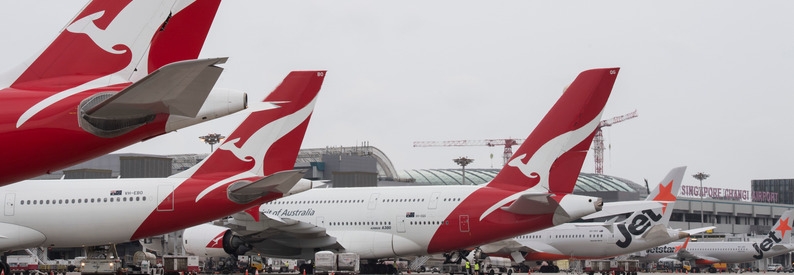Sydney Airport CEO Advocates Slot Allocation Reform Amidst Concerns of Misuse

The Chief Executive Officer (CEO) of Sydney Kingsford Smith Airport, Geoff Culbert, has expressed that Australia’s current slot allocation regulations are no longer suitable, as they hinder productivity and efficiency while enabling misuse by incumbent airlines.
Sydney Airport, owned by Southern Cross Airports Corporation Holdings Limited (SCACH), has long criticized the slot regime governed by the Australian government agency, Airport Coordination Australia. A particular point of contention is the 80/20 rule, which mandates that airlines use 80% of their allocated slots but does not strictly enforce the remaining 20%. Sydney Airport alleges that major carriers, including the Qantas Group and Virgin Australia, hoard slots by accumulating more than needed, scheduling flights, and then canceling them at short notice.
Culbert, in his submission to the Australian government’s Standing Committee on Economics, proposes changing the 80/20 rule to a 95/5 rule. He argues that rules allowing airlines to retain slots indefinitely exacerbate capacity constraints and hinder new or expanding airlines from acquiring slots to launch new services and compete effectively. Airlines can exploit this system by hoarding slots for strategic reasons, limiting competition and efficient slot usage.
Slot reform is just one of several recommendations put forth by Culbert in his submission. He characterizes the current regulatory framework, specifically the Sydney Airport Demand Management Act (1997) (Cth), as overly complex and restrictive, no longer suitable for one of Australia’s most crucial infrastructure assets. Sydney Airport has been advocating for reform since 2017.
In a Senate Select Committee hearing, Qantas Group CEO Alan Joyce refuted claims of slot hoarding at Sydney Airport, emphasizing the complexities involved in slot management. Joyce highlighted that high-frequency routes, like Melbourne – Sydney and Canberra – Sydney, experience more cancellations due to operational or weather-related factors, allowing passengers to be easily reaccommodated on alternative flights.
Sydney Airport serves as a hub for over 50 airlines, connecting the airport to 106 destinations in 31 countries. Culbert’s proposed reforms aim to address issues related to slot allocation and competition while modernizing the regulatory framework to better accommodate the airport’s current operational demands.
